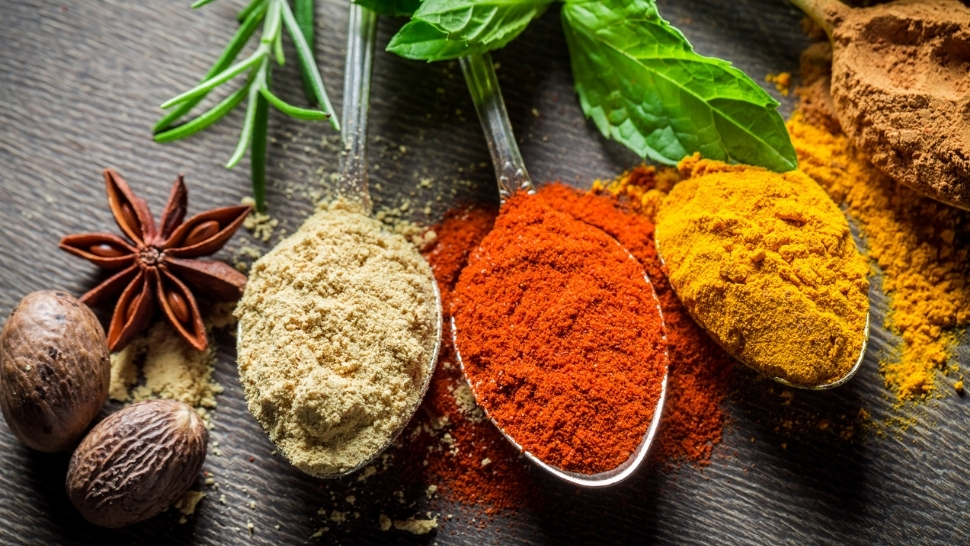
What’s the buzz?
Can herbal supplements “boost” immunity?
What does the science say?
The search for superfoods that claim to boost immunity tend to spike in the cooler months, and not surprisingly, some herbal supplement companies try to cash in on it by using unsubstantiated marketing claims. While the FDA regulates foods, pharmaceutical drugs, and dietary supplements, each category has its own set of rules and the regulations for dietary supplements are the least stringent. First, supplement ingredients that were on the market prior to 1994 have not been reviewed for safety; they are presumed safe based on their history of use. Newer supplements are reviewed for safety, but there are no set standards for proof of effectiveness. They are, however, required to carry labels that are truthful and not misleading. This means that supplements can make it to market with little oversight of safety (for older ingredients) and don’t have to be effective. And to add to the confusion, there is little verification to ensure the product you’ve purchased contains what it claims to (powdered houseplant, anyone?).
So back to the question, in reality, we don’t want to “boost” our immune systems. A boosted immune system is one that is in overdrive, which can cause it to attack our own body which may result in autoimmune disorders, allergies, and other diseases.
Here’s how our immune system actually works. We have two types of immunity that work together to protect our body from “invaders:” innate immunity, which we are born with, and adaptive immunity, which develops continuously as our body is exposed to germs (a.k.a. microbes). Claims to “boost” our immune system would mean that our body is being exposed to a foreign invader that imitates infection and in turn, causes our body to produce the resources it needs to fight the infection (a.k.a. antigens). This helps build our immunity for when we are actually exposed to the real thing. However, this is the purpose of a vaccine, not an herbal supplement.
Although scientifically foods cannot “boost” our immunity, a balanced diet as part of an overall healthy lifestyle works to support our immune system and lower risk factors associated with heart disease, diabetes, and many other conditions. While taking a supplement can help to replace single nutrients that may be missing in our diet, whole foods provide us with multiple nutrients, fiber, and phytochemicals that may not be in a supplement and work together to make a greater impact on our health – a concept known as food synergy. Our body better absorbs nutrients from whole foods and also provides us with doses of the vitamins and minerals we need over extended periods of time instead of in one large dose from supplementation. It’s also important to support our immune system with whole foods since our body is a bit of a bully; it plays nice with nutrients from all food sources but doesn’t always accept man-made or supplemental nutrients into this synergistic effect.
What’s the takeaway?
Herbal supplements with claims to help boost immunity are unlikely to support your immune system in the ways your body needs to help you fight off illness. Eating nutrient-rich foods such as fruits, vegetables, beans, nuts, fish, and whole grains can help support a healthy immune system and, when paired with an active lifestyle, will help to reduce comorbidity factors known to increase your risk for illness.